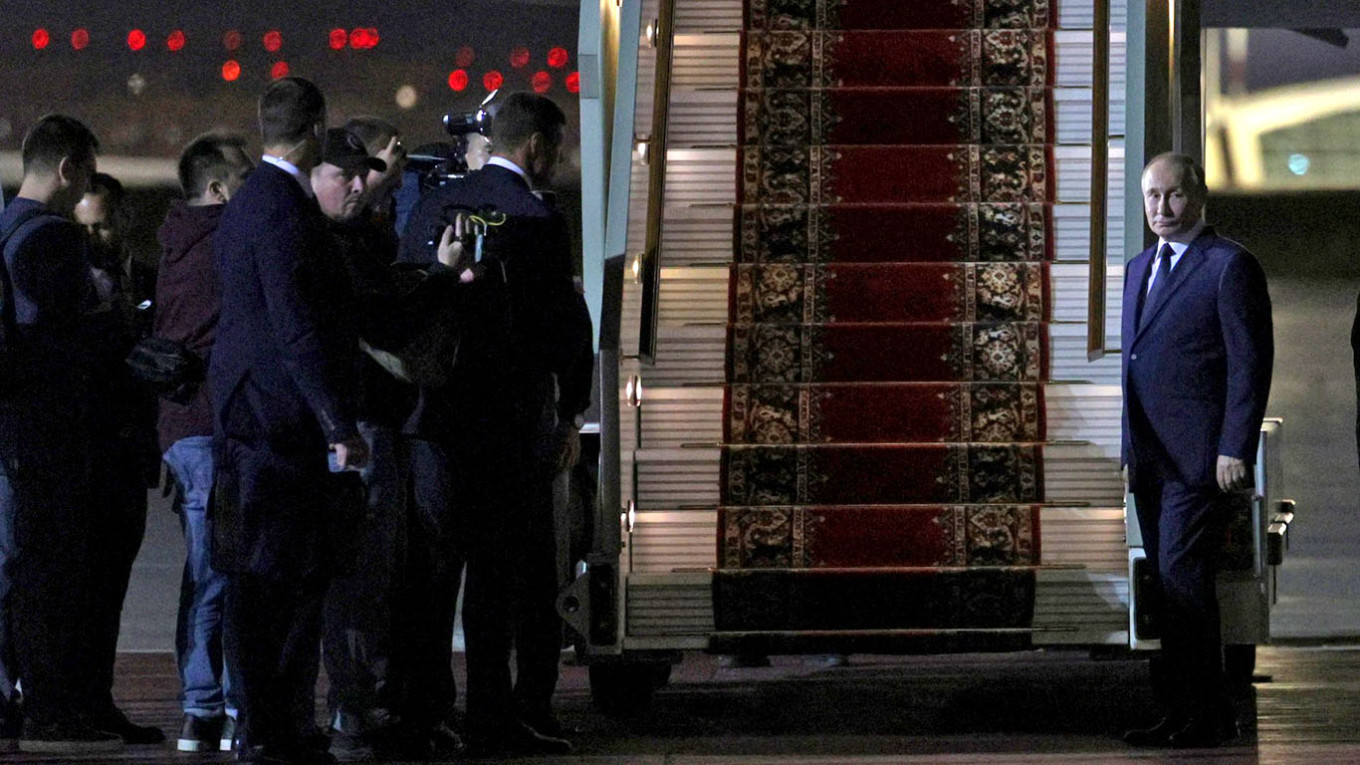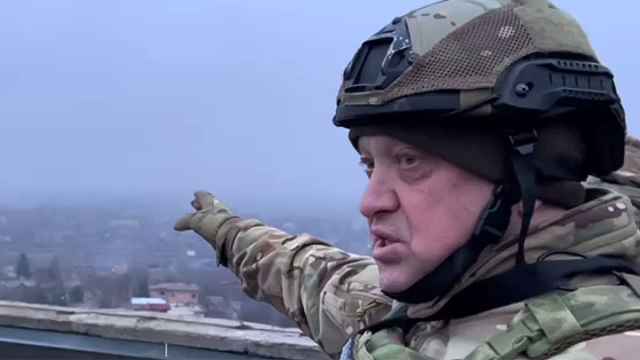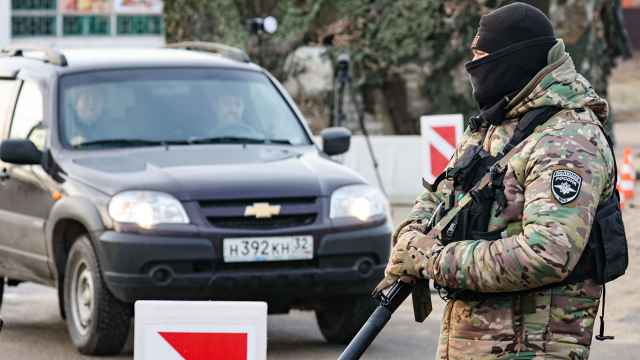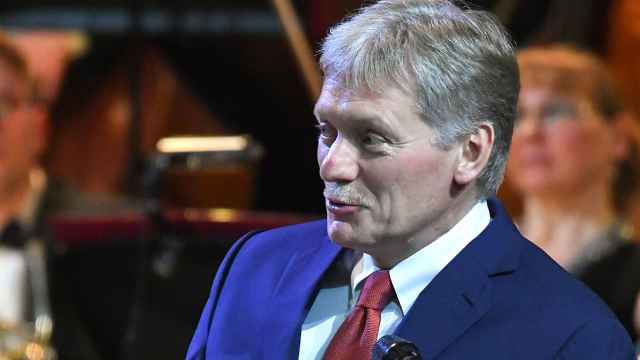The Kremlin on Friday said possible talks over the conflict in Ukraine were based on "completely different principles" from negotiations over a prisoner swap deal that saw 24 people freed on Thursday.
"If we talk about Ukraine and more complex international problems, there are completely different principles," Kremlin spokesman Dmitry Peskov told reporters when asked whether the prisoner exchange could lead to negotiations over Ukraine.
"The work there is conducted in a completely different mode," he said.
There were official talks between Russian and Ukrainian negotiators in 2022 in the weeks following the start of Russia's offensive but there have been none since then.
The two sides have some contact, often through intermediaries, for prisoner exchanges, the transfer of soldiers' remains and the return of children from Russia to Ukraine.
Ukraine in June organized a peace summit in Switzerland which was attended by representatives of around 100 countries.
Russia was not invited and China, a key Russian ally, declined to take part.
Ukraine has said that it is now preparing a detailed peace plan by November as a basis for a second summit to which it has said that Russia will be invited.
Russian President Vladimir Putin has demanded Ukrainian troops abandon even more territory in the south and east of the country if Kyiv wants the fighting to stop.
The conditions have been slammed as unacceptable by Ukraine and the West.
A Message from The Moscow Times:
Dear readers,
We are facing unprecedented challenges. Russia's Prosecutor General's Office has designated The Moscow Times as an "undesirable" organization, criminalizing our work and putting our staff at risk of prosecution. This follows our earlier unjust labeling as a "foreign agent."
These actions are direct attempts to silence independent journalism in Russia. The authorities claim our work "discredits the decisions of the Russian leadership." We see things differently: we strive to provide accurate, unbiased reporting on Russia.
We, the journalists of The Moscow Times, refuse to be silenced. But to continue our work, we need your help.
Your support, no matter how small, makes a world of difference. If you can, please support us monthly starting from just $2. It's quick to set up, and every contribution makes a significant impact.
By supporting The Moscow Times, you're defending open, independent journalism in the face of repression. Thank you for standing with us.
Remind me later.






